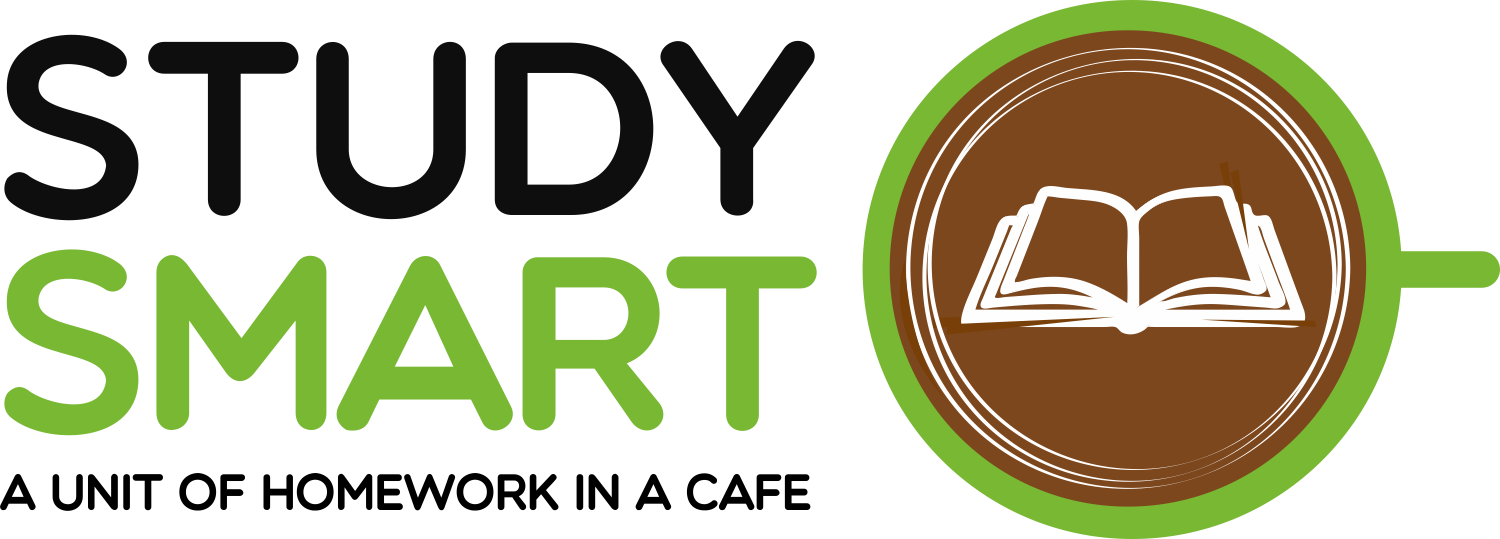While good grades are important, there’s a hidden skill set that can transform your child’s academic journey and set them up for lifelong success: executive function skills. Research shows these fundamental mental abilities are actually better predictors of academic and life achievement than IQ or test scores alone.
Executive function skills are the mental processes that enable us to plan, focus attention, remember instructions, and juggle multiple tasks successfully. Think of them as your child’s internal “CEO,” managing time, organizing tasks, and making decisions. These skills typically develop throughout childhood and adolescence, with homework time providing perfect opportunities for practice.
Recommended post: Executive Function and the ADHD brain in teens
The Homework-Executive Function Connection
When your child sits down to complete assignments, they’re not just practicing math or writing – they’re exercising crucial mental muscles:
- Planning and Organization: Deciding which assignments to tackle first
- Time Management: Estimating how long each task will take
- Working Memory: Keeping instructions in mind while executing tasks
- Emotional Control: Managing frustration when facing challenging problems
- Task Initiation: Getting started without procrastination
- Metacognition: Reflecting on their learning process
Practical Strategies by Age Group
Elementary School (Ages 6-11)
- Create a dedicated homework space with minimal distractions
- Use visual schedules and checklists
- Break assignments into smaller, manageable chunks
- Implement a “homework routine clock” with specific time blocks
- Encourage self-reflection: “What worked well today?”
Middle School (Ages 11-14)
- Introduce digital planning tools and paper planners
- Teach project breakdown techniques
- Practice estimating task duration
- Establish weekly schedule reviews
- Guide them in creating study guides
High School (Ages 14-18)
- Help develop personalized organizational systems
- Encourage independent progress monitoring
- Teach long-term project planning
- Practice stress management techniques
- Guide technology use for productivity
Red Flags: When to Seek Additional Support
Watch for consistent patterns of:
- Difficulty starting tasks
- Frequent lost or forgotten assignments
- Poor time awareness
- Overwhelming frustration
- Inability to break down large projects
The Parent’s Role: Guide, Not Controller
Your role is to gradually transfer responsibility to your child. Start with more support and slowly step back as they demonstrate mastery. Remember:
- Model organization and planning in your own life
- Celebrate progress in skill development, not just grades
- Provide scaffolding rather than solutions
- Maintain open communication about challenges
- Appreciate that executive function development is a journey
Technology Tools That Help
While traditional methods work well, several apps and tools can support executive function development:
- Digital calendars for time management
- Task-tracking apps with reminders
- Timer apps for focused work sessions
- Note-taking tools that organize information
- Project management apps for bigger assignments
Long-Term Benefits
Research from the Harvard Center on the Developing Child indicates that strong executive function skills correlate with:
- Higher college completion rates
- Better job success
- Improved mental health
- Stronger relationships
- Greater life satisfaction
Moving Forward
Remember that building executive function skills is a gradual process. Your child may take two steps forward and one step back – that’s normal and part of the learning process. The goal is progress, not perfection.
Start implementing these strategies gradually, and you’ll likely see improvements not just in homework management, but in your child’s overall approach to challenges and responsibilities.
By focusing on executive function skills during homework time, you’re investing in your child’s future success far beyond their current grade level. These skills will serve them well in college, career, and life – making them truly invaluable tools for long-term achievement.
Note to parents: If you notice persistent struggles with executive function skills despite implementing these strategies, consider consulting with your child’s teacher or a educational specialist for additional support and guidance.
Need extra help? Contact us! Tutoring and coaching services available for students.
Do you follow us on Social Media? 


